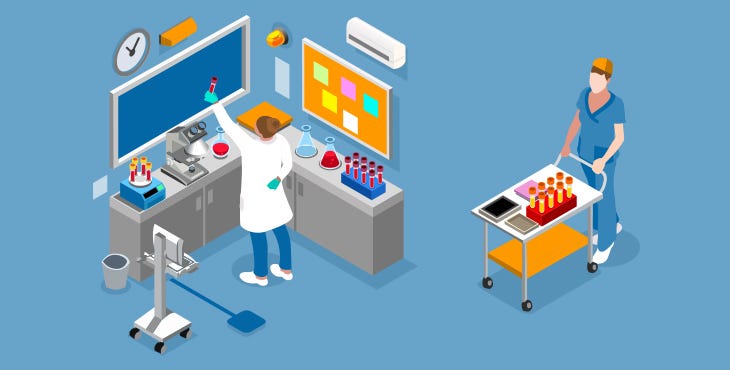End violence against women

- Read more about End violence against women
- Log in to post comments
- 3 views





 https://www.andersondiagnostics.com/pathology/
https://www.andersondiagnostics.com/pathology/Psychoactive” does not necessarily imply dependence-producing, and in common parlance, the term is often left unstated, as in “drug use”, “substance use” or “substance abuse”.
Psychoactive drugs are substances that, when taken in or administered into one's system, affect mental processes, e.g. perception, consciousness, cognition or mood and emotions. Psychoactive drugs belong to a broader category of psychoactive substances that include also alcohol and nicotine. “Psychoactive” does not necessarily imply dependence-producing, and in common parlance, the term is often left unstated, as in “drug use”, “substance use” or “substance abuse”.
WHO has a three-tier approach to digital health delivery.
The use and scale up of digital health solutions can revolutionize how people worldwide achieve higher standards of health, and access services to promote and protect their health and well-being.
Digital health provides opportunities to accelerate our progress in attaining health and well-being related Sustainable Development Goal (SDGs), especially SDG 3, and achieving our triple billion targets for 2023 as articulated in its Thirteenth General Programme of Work (GPW13
Diabetes is a chronic, metabolic disease characterized by elevated levels of blood glucose (or blood sugar), which leads over time to serious damage to the heart, blood vessels, eyes, kidneys and nerves. The most common is type 2 diabetes, usually in adults, which occurs when the body becomes resistant to insulin or doesn't make enough insulin. In the past three decades the prevalence of type 2 diabetes has risen dramatically in countries of all income levels.
